The most important elements of military combat leadership could be described as mission accomplishment followed by troop welfare. Were they in the opposite order a leader could easily protect the lives of his men by abandoning the mission.
However, given that war is by nature a deadly affair it falls upon the leadership to take care of their men while sending them directly into harm’s way. The best leaders strike that balance well and 2nd Lieutenant Robert Hibbs was such a leader. He inflicted a heavy toll on the enemy in Vietnam while – through great risk to his own life – fought to ensure his men returned home.
Leading a 15-man night patrol in Vietnam, he took on a Company size enemy group who were preparing to attack, because the mission dictated he do so. He then personally covered the withdrawal of his men because his character required it. When they again came upon a Company sized enemy group he led his men on a surprise charge sending the enemy into disarray. And yet, when it was reported one of his men was wounded and wandering between the two lines he personally set out to recover the man.
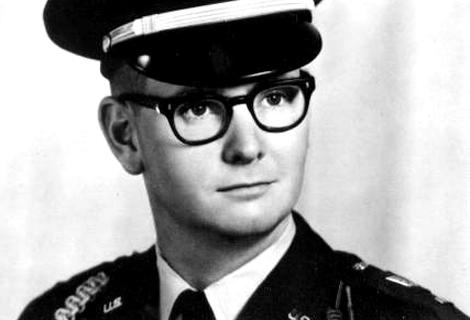
Finally, when the wounded man and another needed to withdraw Hibbs personally charged two machinegun nests resulting in their safety, mortal wounds to himself, and a Medal of Honor in his future.
Born to Lead
Robert Hibbs was born in 1943 in Omaha, Nebraska. Due to an illness, Hibbs would miss a good portion of his school time where he passed the time with miniature military models. His love for the Army had begun. His family would shortly afterward move to Cedar Rapids, Iowa while Hibbs continued to dream of a career in the military.
His father later reported that this is just what his son was born to do and that he couldn’t have imagined him living or dying doing anything else. For Hibbs, it was a passion that would lead him to the nation’s highest military honor during the emerging war in Vietnam.
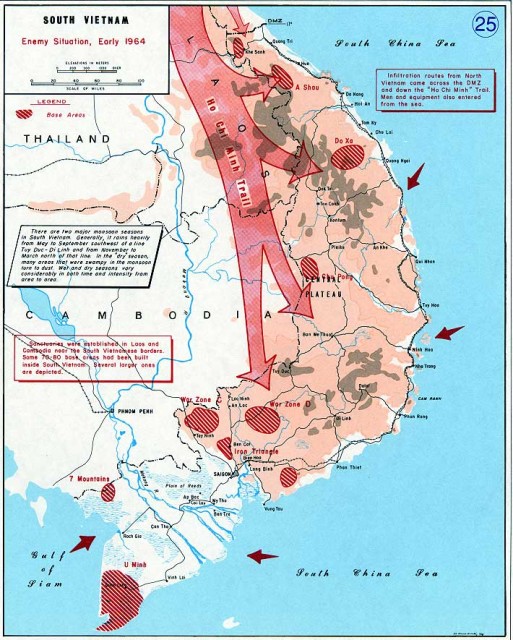
He enlisted in the Army in 1964 and earned his commission through the Reserve Officers’ Training Corps. Soon, Hibbs would find himself serving as a 2nd Lieutenant with B Company, 2nd Battalion, 28th Infantry Regiment, 1st Infantry Division. In March of 1966, the Battalion was operating at Don Dien Le Ke in South Vietnam seeking out Vietcong units on a search and destroy mission.
The bulk of the battalion had set up a perimeter while Hibbs was tasked with seeking out the enemy in operation around them. With enthusiasm and great courage, Hibbs happily accepted the task that secured his place in military history.
Mission Accomplishment
Setting out on patrol with his 15-man squad, Hibbs was equipped with a Starlight Telescopic Sight to aid in the nighttime mission. This early night vision device required star and moonlight to function but was known to offer a decisive advantage for the Americans at night. Their task was to provide reconnaissance as well as to ambush any enemy forces advancing on the battalion’s position.
On this particular night, it happened they would have multiple opportunities to do just that. Hibbs and his patrol came upon an enemy Company of more than 50 men moving toward their position along a road. With the element of surprise intact, Hibbs set up two anti-personal mines along the road and waited for the numerically superior force to close in.
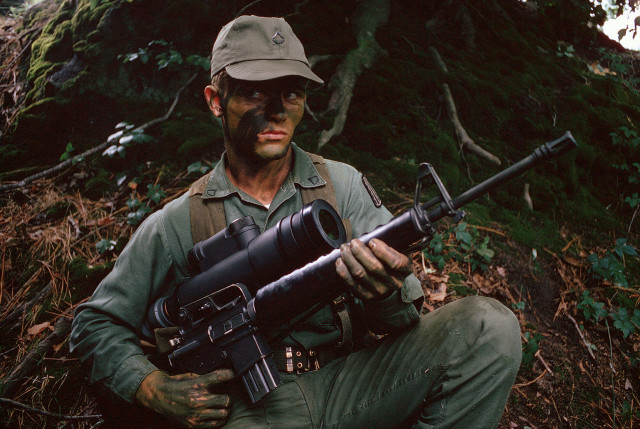
Having already radioed to warn the battalion about the approaching force, when the enemy company was within 20ft of Hibbs’ position the mines were detonated and a vicious firefight ensued. The mission was not to stay and fight it out with the larger force, so to cover their withdrawal Hibbs and his squad began launching grenades.
As the men pulled back, Hibbs stepped into the road and began to fire a hail of bullets down on the remaining force of the enemy. Having successfully accomplished the mission, Hibbs rejoined his men and the squad headed back towards the battalion position.
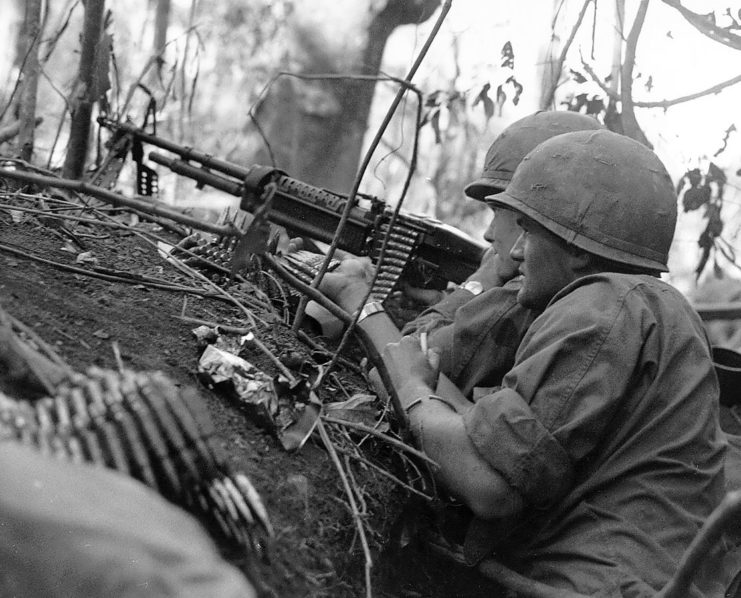
As they approached friendly lines they came upon the rear element of another enemy company set out to attack the American force. As Lieutenant Hibbs weighed his options, he realized his squad still maintained the element of surprise. The time to act was now. He led his men on a ferocious charge straight through the center of the enemy.
The speed and violence with which Hibbs acted completely disrupted the enemy attack. Hibbs and the squad tore through the enemy and moved to rejoin the Battalion position. He had accomplished his mission twice over, he was now suffering from a gunshot wound in his leg, but it did not stop him. Indeed, it did not even slow him down.
One Last Act of Leadership
Having been told one of his men was wounded and caught between the two forces, Lieutenant Hibbs instantly jumped into action and grabbed a Sergeant to help him retrieve the man. Fighting through the enemy force yet again, Hibbs and the Sergeant reached the wounded man, who was in dire need of help.
He directed the Sergeant to drag him back towards friendly lines while he once again covered the retreat. Staying behind to provide covering fire, Hibbs used his Starlight Scope to lay down deadly accurate fire onto the enemy. When two enemy machinegun positions threatened the withdrawal, Hibbs stood up and single-handedly charged them both.
It was in this action that he was mortally wounded and fell in front of the gun positions. But his mission wasn’t over just yet. Despite bleeding heavily, Hibbs had the presence of mind to destroy the valuable night vision scope so that it wouldn’t fall into enemy hands and be used against his men.
For his actions on the night of March 5th, 1966, Lieutenant Robert Hibbs was awarded the Medal of Honor.
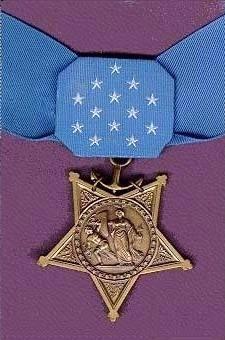
His body was returned home to Iowa and the account of how he saved his men at great risk to himself became a local legend and he became a national treasure. One particular Colonel involved in the ceremonies noted that in over 20 years in the Army he had never personally seen a man as brave as Robert Hibbs.
He was a leader dedicated to the mission, but never forgot his dual dedication to his men. With incredible gallantry and great skill Robert Hibbs lived up to the finest traditions of the Army and well-earned his honoured place in Military history.
